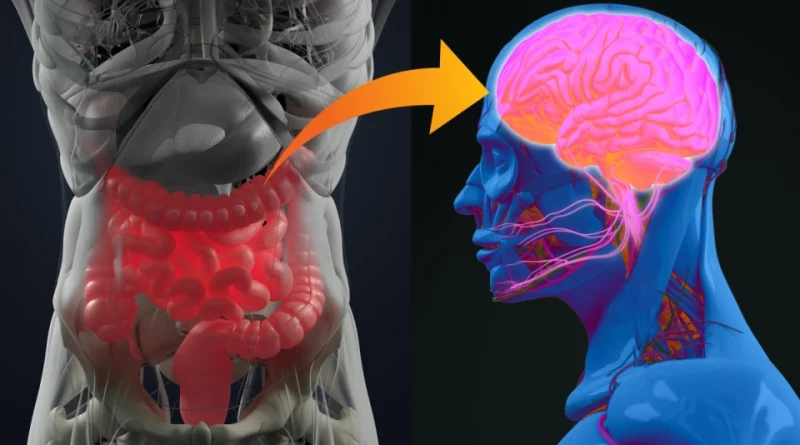“Indisputable” Link Between Alzheimer’s and Gut Bacteria
[Please note that this page contains affiliate links. If you choose to purchase after clicking a link, I may receive a commission at no extra cost to you.]
A recent study in the Journal of Alzheimer’s Disease shows a strong link between neurogenerative disease and compounds discharged by gut bacteria.
According to the researchers, their findings reveal “indisputable” evidence that the intestinal microbiota plays a vital role in the formation of Alzheimer’s.
In recent years, the gut-brain axis has been the focus of many scientific studies and debates, backed by a quickly growing amount of data showing that the microscopic occupants of our entrails influence our central nervous system (CNS).
The two-way communication network lets the brain send chemical messages to our gut to control digestion and appetite. It’s thought that the bacteria then release a range of metabolites that impact brain function.
Scientists speculate that the make-up of a people’s microbiome may contribute to the likelihood of getting Alzheimer’s disease, although this link hasn’t been proven.
Researchers attempted to end this debate. The study’s researchers had 89 volunteers between 65 and 85 years old, some were healthy, and others had some degree of cognitive decline.
Using positron emission tomography (PET), the researchers scanned volunteers’ brains for amyloid plaques, a crucial indicator of Alzheimer’s, and they also collected blood samples to look for gut bacteria metabolites.
The results showed that people with more amyloid plaques in the brain had higher lipopolysaccharides in their blood. In the outer membrane of specific bacteria, these molecules are known for stimulating the formulation of amyloid plaques while at the same time increasing inflammation in the brain.
Likewise, short-chain fatty acids like valerate and acetate were increased in the blood in people with Alzheimer’s. Both of which are released by specific gut bacteria and have been linked to inflammation in the brain.
Other chemicals known to interact with endothelial cells and pass the blood-brain barrier were also found in higher concentrations in those with high amyloid plaques, demonstrating that this can be another way in which gut microbiota affects the development of Alzheimer’s.
Similarly, lower amyloid plaques were linked to higher concentrations of a short-chain fatty acid named butyrate, which is known to help neurons by reducing the amount of inflammation in the brain.
“Results are irrefutable: specific bacterial products of the intestinal microbiota are linked to the number of amyloid plaques in the brain,” study author Moira Marizzoni said in a statement.


